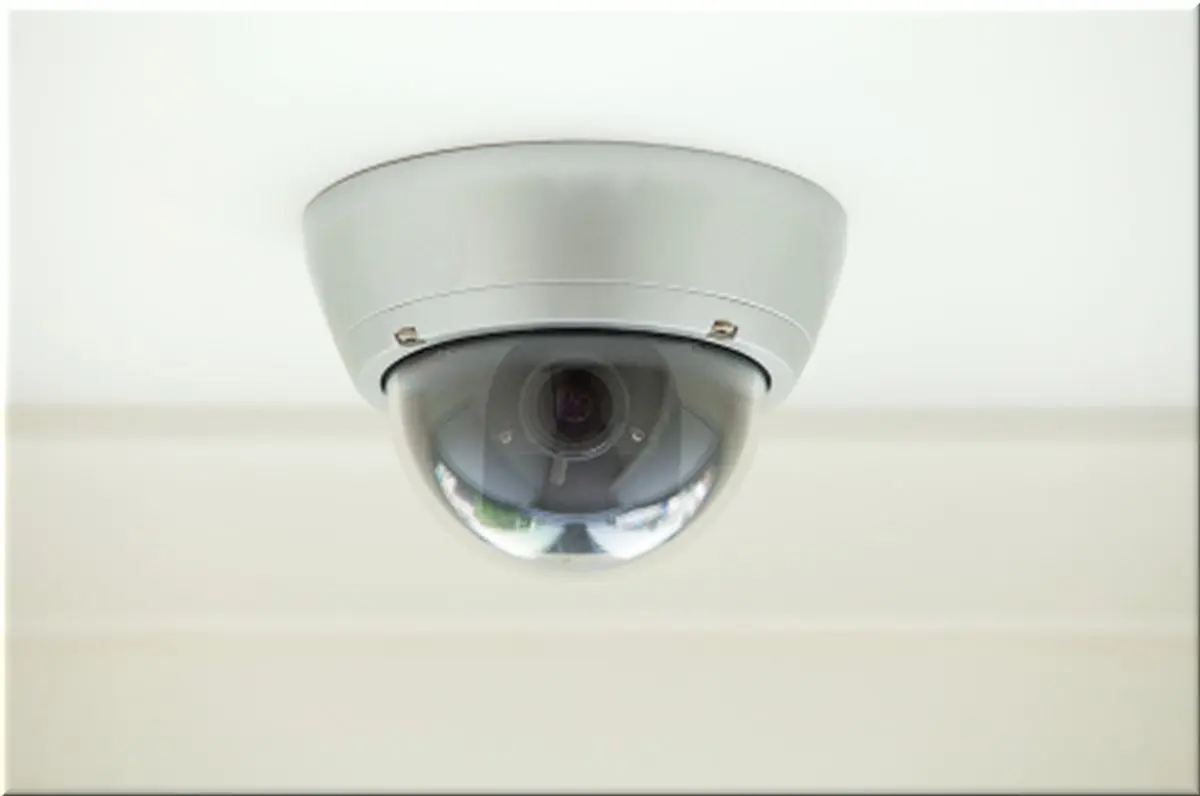By , Leave a Comment

Table of Contents
Preserve Surveillance Video
If you’ve been falsely accused of shoplifting, you and your lawyer should consider immediately preserving shoplifting surveillance video.
You’d think that retailers would want to preserve evidence of your alleged crime forever. Most don’t.
Why not? Probably because most retailers are more concerned about not wanting to preserve their employees’ false arrests, aggression, invasions of privacy, and other misdeeds, longer than they deem necessary.
The Value of Surveillance Video
If you don’t immediately preserve store security video, the retailer might truthfully claim that this extremely relevant evidence no longer exists.
If video evidence exists, it could corroborate your testimony and prove that the loss-prevention officer’s description of your actions inside the store is an outright lie.
If security officers used excessive force to arrest you, their actions might be depicted on the videotape as well.
If you’re innocent of shoplifting, the surveillance video can help you win your criminal case. If you sue the store for false arrest or assault, the surveillance video could also help you win your civil case.
If you’re innocent, you and your lawyer should consider preserving the surveillance video.
Of course, if you’re guilty, preserving shoplifting surveillance video might be the last thing you should do.
Video Gets Recycled Quickly
Retailers typically recycle video on a regular basis. Could be every few months, every weeks, or even more frequently.
The stated reason for doing so is the expense and storage space needed to preserved massive amounts of video. This argument is much less persuasive these days, though, when surveillance video is saved on computer hard drives rather than VHS cassettes.
You should assume that relevant video will be immediately recycled. So you must preserve it immediately.
Preserve Video Quickly
If you’re innocent, video that depicts your actions – from the moment you entered the store until the moment store security guards arrested you – is evidence that could potentially help you in court. Don’t delay trying to preserve it.
If you and your lawyer determine that store security video might be helpful to your case, your lawyer should immediately subpoena the retailer, demanding that all relevant surveillance video be produced in court.
If you received a summons or a desk appearance ticket (“DAT”), your lawyer can’t legally issue a subpoena until after your case is filed in court. In this situation, your lawyer should write a “preservation letter” to the retailer, putting the retailer on notice to preserve surveillance video.
Free Consultation
Bruce Yerman is a shoplifting lawyer in New York City. His office is located in Suite 1803 of 299 Broadway in Manhattan.
If you’d like a free consultation to discuss shoplifting charges, or any other issue related to criminal defense or family law, call Bruce at:
Or email Bruce a brief description of your situation:

Leave a Reply